UN rapporteur calls out Switzerland for ‘criminalisation of journalism’
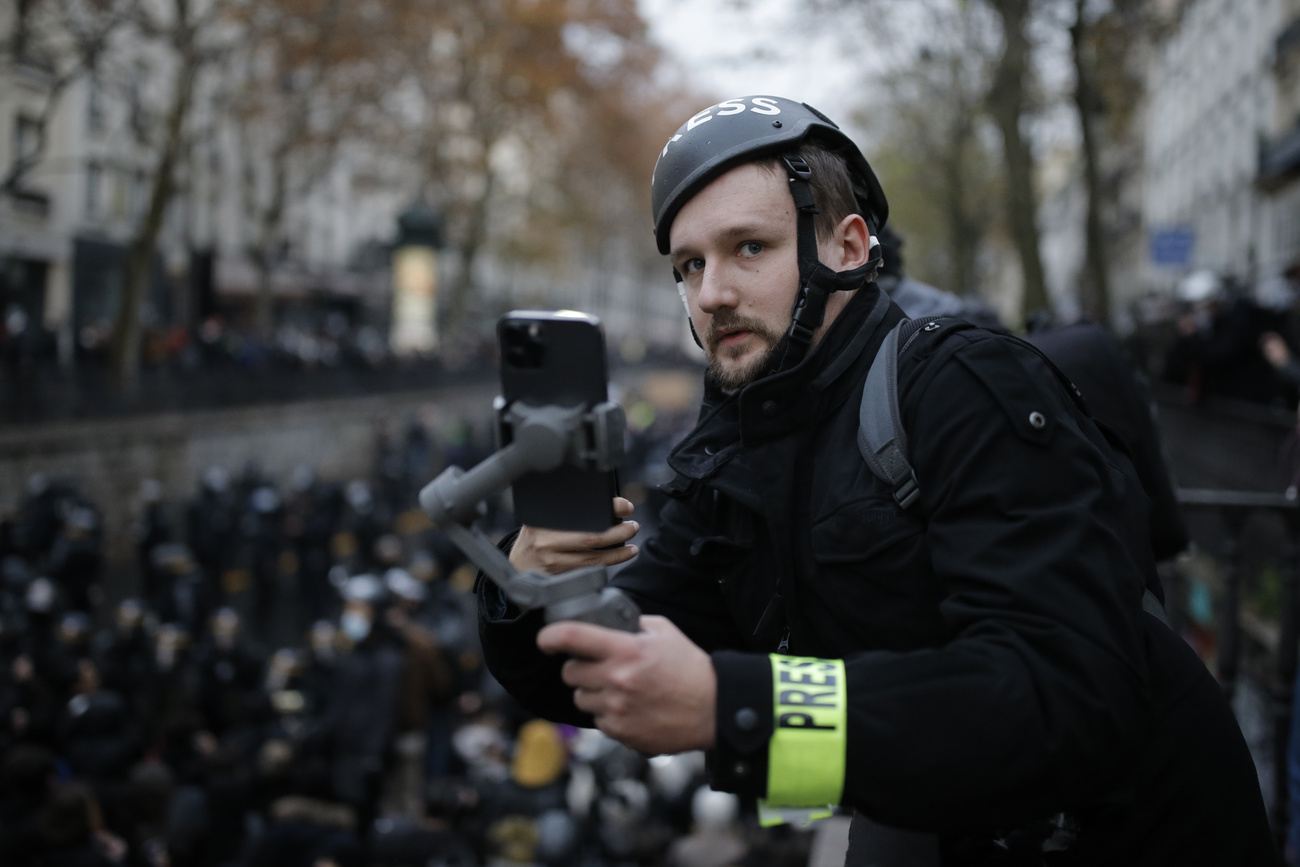
The UN Rapporteur for the protection of freedom of expression has criticised Switzerland's banking secrecy laws that result in self-censorship by journalists. This comes as Switzerland drops four places in the annual country ranking of freedom of the press by Reporters without Borders.
In an interviewExternal link in the Tages-Anzeiger on Monday, Irene Khan said that she sent a six-page letter to foreign minister Ignazio Cassis on March 3 expressing concern about the impact of banking laws on freedom of the press. This was sent in response to a global investigation by more than 40 news outlets, which uncovered dozens of accounts at Credit Suisse allegedly held by corrupt officials, criminals and human rights abusers.
Swiss media didn’t participate in the “Suisse Secrets” investigation out of fear of criminal sanctions. Journalists publishing leaked data of bank clients could face up to five years in prison under Swiss bank law.
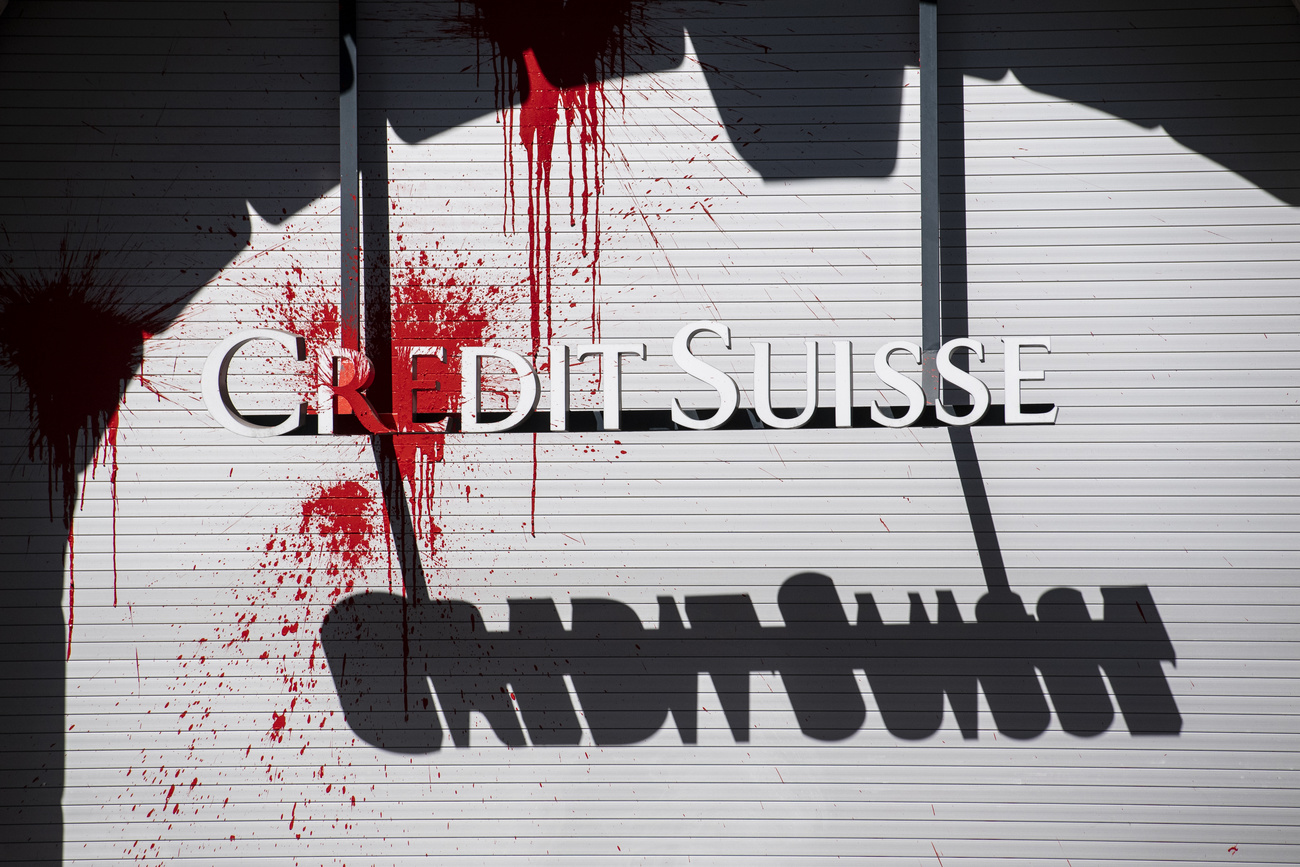
More
Swiss banking secrecy law clashes with freedom of speech
“On the one hand, there is a right to privacy. On the other hand, there is also a public interest in being informed about illegal financial transactions,” said Khan, who is the UN rapporteur for the protection of freedom of opinion and expression. “The law must allow journalists to balance these two things. But this Swiss law criminalises any publication from the outset, without exception. This goes too far.”
According to Khan, the Swiss government responded to her letter on Friday, April 29, which indicated that no journalist has ever been prosecuted under the law. The government also said that parliament is currently reviewing the law.
Of particular concern, said Khan is the message Switzerland sends to the other countries. “The Swiss banking law is an example of the criminalisation of journalism,” said Khan. “This could complicate investigative journalism on corruption in other countries.”
On June 24, Khan will submit a report to the UN Human Rights Council on the global situation of press freedom, in which she plans to address the situation surrounding banking secrecy in Switzerland.
Global ranking
Timed with World Press Freedom Day, the latest ranking on press freedom was launched by the Reporters without Borders on Tuesday.
Switzerland dropped from 10th to 14th place in the annual ranking of the state of journalism in 180 countries. This is the first time Switzerland has been out of the top 10 since 2016. In a press statement, the NGO said that the drop in ranking was largely due to a change in the methodology and shouldn’t be over-interpreted.
However, the NGO argued that despite a highly safe and protective environment for reporters overall, “journalism now finds itself in a weakened state. One reason is voters’ rejection, by referendum, of a stronger subsidy system for the media,” writes Reporters without Borders. “Another is an unprecedented level of violence by demonstrators protesting public health measures.”
Taking the top three spots in the ranking were Norway, Denmark and Sweden. At the bottom of the ranking were Iran, Eritrea and North Korea.

In compliance with the JTI standards
More: SWI swissinfo.ch certified by the Journalism Trust Initiative

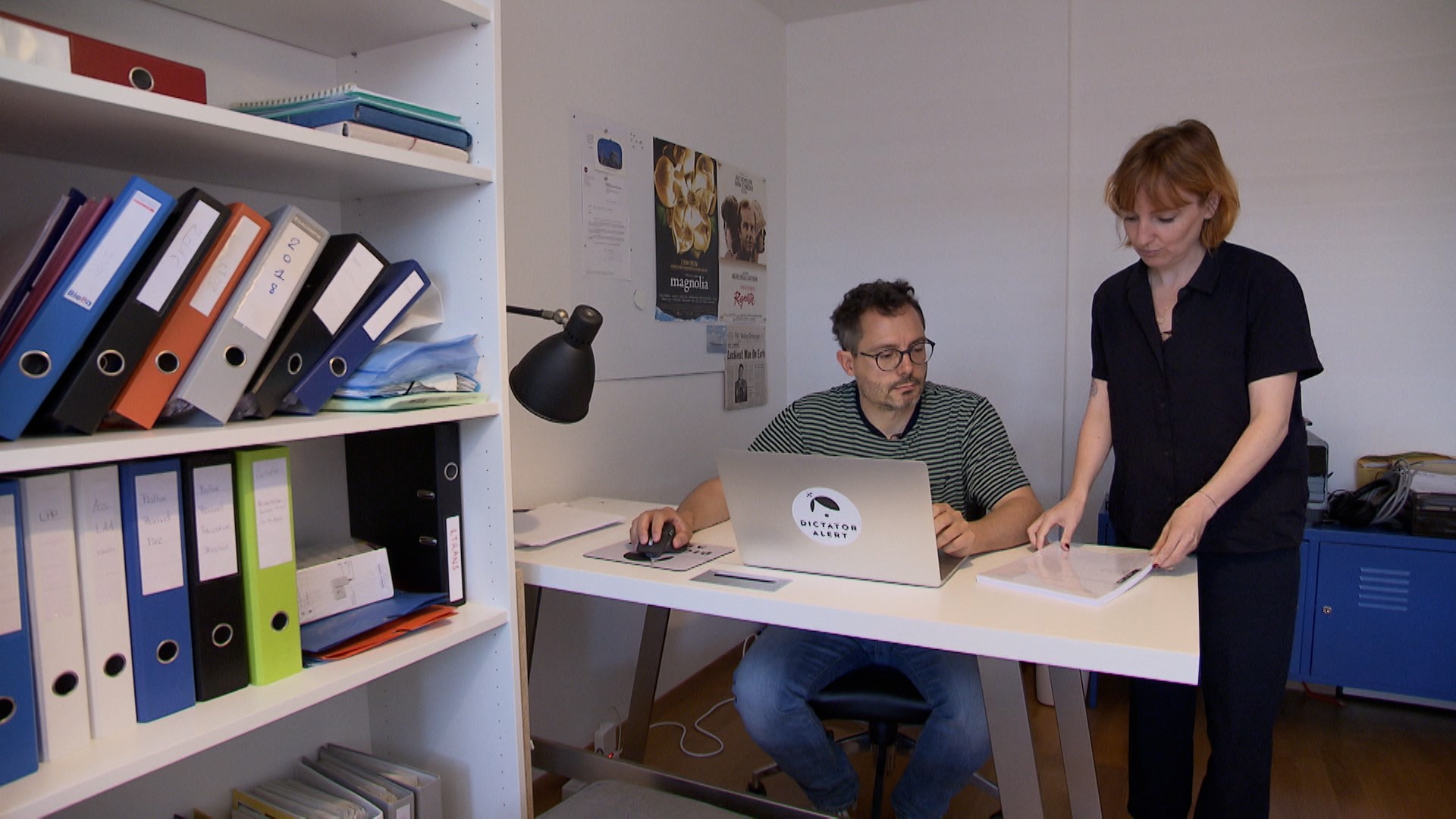
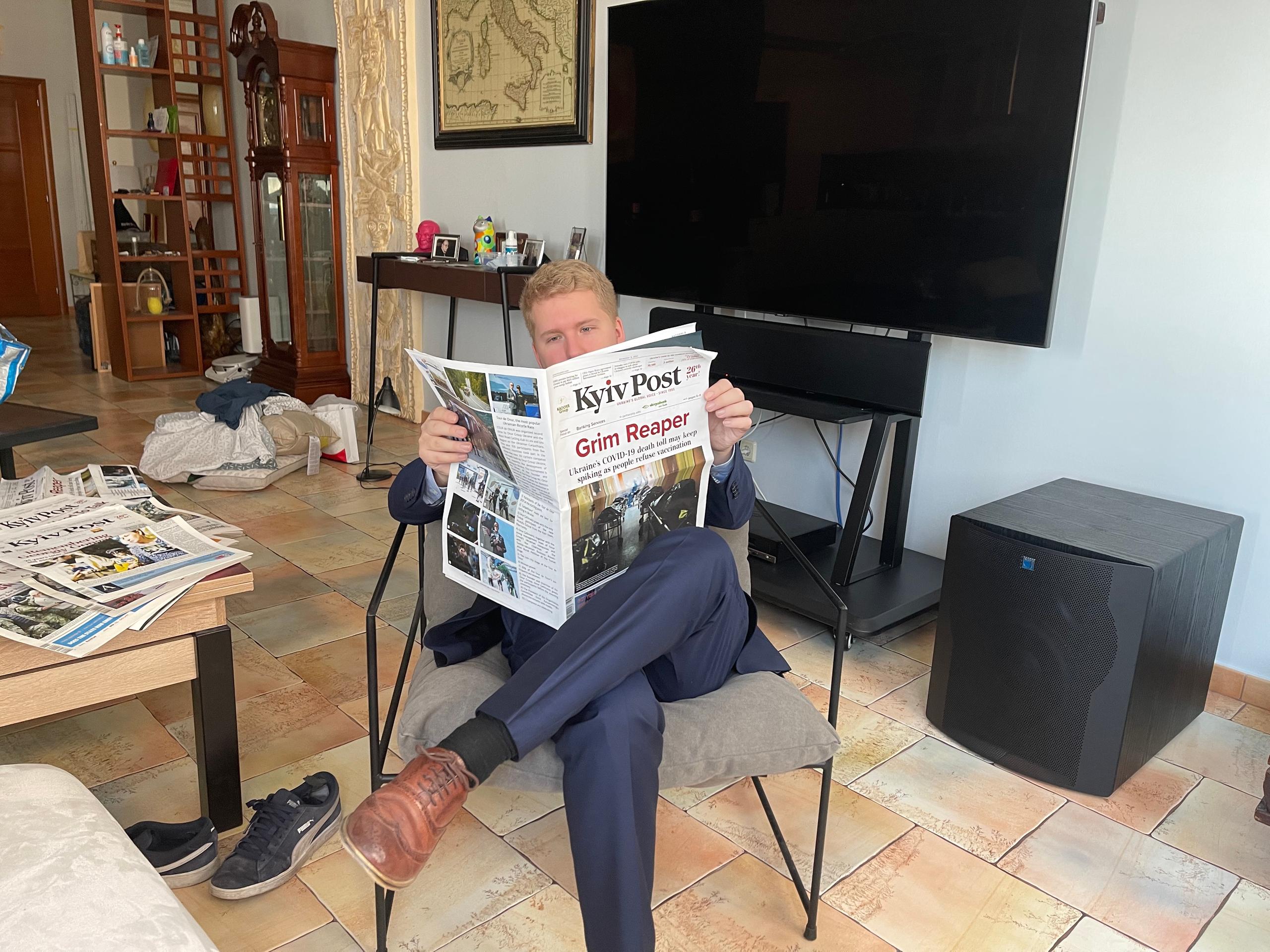
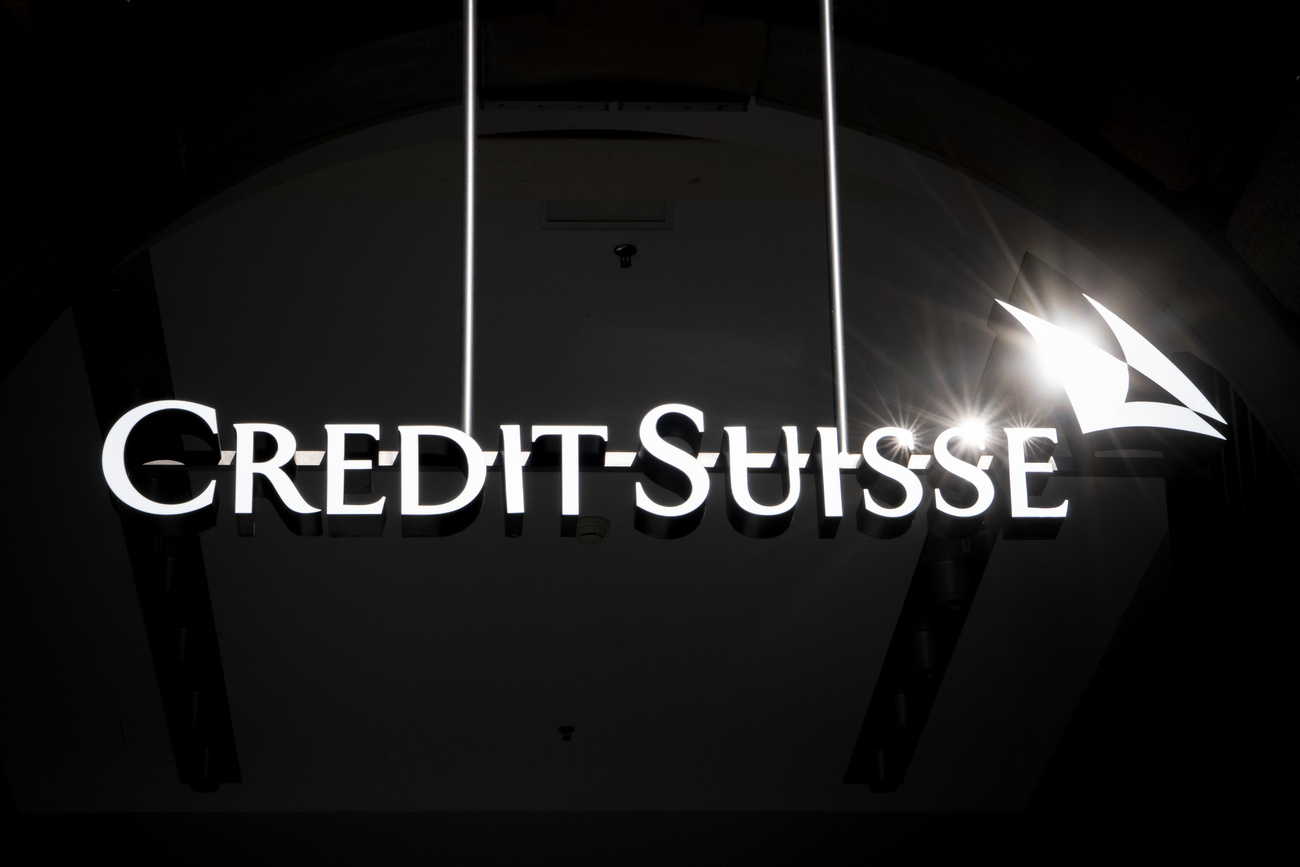
You can find an overview of ongoing debates with our journalists here. Please join us!
If you want to start a conversation about a topic raised in this article or want to report factual errors, email us at english@swissinfo.ch.